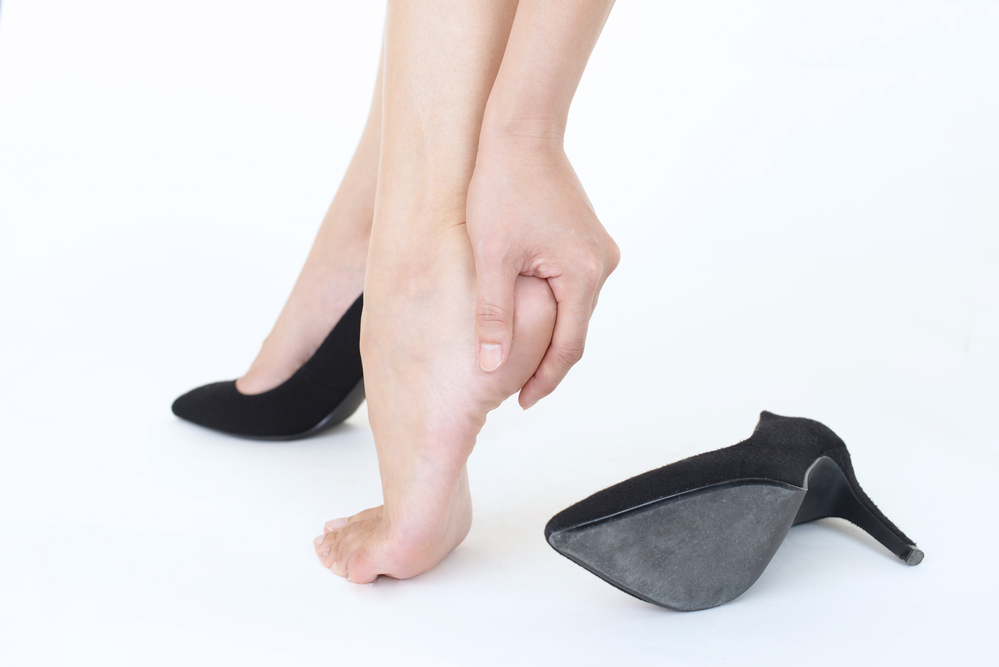What Causes Plantar Fasciitis?
Jun 20, 2022

Plantar fasciitis is a very common cause of foot and heel pain. The condition is the painful inflammation of the plantar fascia, which is the tissue that connects the toes to the heel and runs down the center of the foot. The plantar fascia plays an important role not just in supporting the arches of the foot but also in the movement of walking.
Plantar fasciitis usually involves a stabbing pain in the foot, occurring most often when getting up after sleeping or after sitting for a long time. But what can cause plantar fasciitis? While the exact causes can be difficult to pinpoint, certain factors can increase your risk of developing plantar fasciitis.
#1
Overuse
One common possible cause of plantar fasciitis is overuse. If you overuse any of your muscles, joints, or any other part of your body, you risk injury and pain. The plantar fascia in the foot is no different. If you overuse it, then you’re more likely to inflame the plantar fascia and cause pain.
#2
An Increase in Activity

Increasing how much activity you do could also contribute to plantar fasciitis. For example, if you start walking or running a lot more frequently than you used to, such as if you were training for a marathon, then you could increase your risk of plantar fasciitis.
#3
Certain Exercise Types
Certain types of exercise are more likely to contribute to plantar fasciitis. These are any exercises that put stress onto your feet, in particular your heel and the tissues that connect to it, like the plantar fascia. These exercises can include:
- Running
- Jogging
- Walking
- Ballet
- Aerobic dancing
- Jumping rope
If you’re prone to plantar fasciitis, you’ll want to avoid exercises that involve things like running and jumping
#4
Your Job

Certain jobs require a lot of standing and walking around. If you spend long hours on your feet without adequate cushioning or walking on hard surfaces, then you could end up with plantar fasciitis. Some jobs that put your more at risk include:
- Retail
- Teaching
- Factory worker
- Doctor
- Nurse
- Pharmacist
- Physical therapist
- Veterinarian
- Maintenance worker
- And more…
#5
Your Foot Mechanics
How you walk or stand could increase your risk of plantar fasciitis because if your weight isn’t distributed in a normal way, it could put strain on your feet.
#6
Your Shoes

If your shoes don’t provide adequate support, they could contribute to plantar fasciitis. Shoes that can pose a problem for your feet include:
- Flats
- Flip-flops
- High-heels
- Worn out shoes
- Brand new shoes
#7
Weight
The heavier you are, the more stress you put onto your plantar fascia whenever you walk. This means that if you’re overweight or obese, then you’re at greater risk of developing plantar fasciitis no matter what other factors influence your likelihood of the condition.
#8
Age
Your age can also play a role in whether or not you develop plantar fasciitis. Someone who is between the ages of 40 and 60 is at greater risk than someone outside of that age range.
For informational purposes only.











